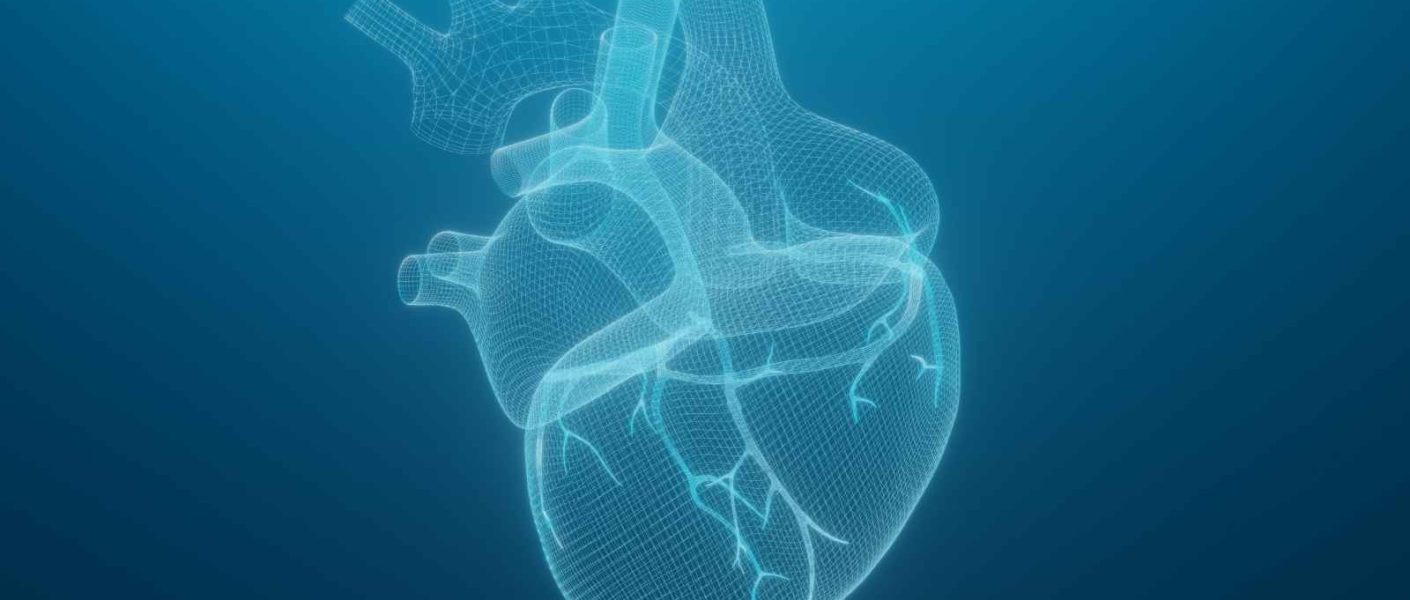What Are Medical Valves?
Medical valves are specialized devices designed to regulate, direct, or control the flow of fluids, gases, or slurries by opening, closing, or partially obstructing various passageways. In the medical field, these valves play a crucial role in a wide range of applications, from cardiovascular devices like heart valves that manage blood flow in and out of the heart, to respiratory ventilators that control air movement to patients in critical care.
These valves are engineered with precision to ensure they can operate effectively within the human body or in medical equipment, where reliability and accuracy are paramount. The materials used in medical valves must be biocompatible to prevent adverse reactions, and their design often requires a delicate balance between mechanical functionality and patient safety.
Their application extends beyond patient care into research and diagnostic equipment, such as in chromatography systems used for analyzing chemical compounds or in bioreactors for cell culture development. Understanding medical valves' functionality and types is essential for anyone involved in healthcare, medical research, or the development of medical devices, as they are integral components that ensure the efficacy and safety of medical treatments and procedures.
How Do Medical Valves Function?
The functionality of valves medical hinges on their ability to control fluid dynamics within a system, ensuring that fluids flow in the right direction and at the correct rate. This is achieved through various mechanisms, depending on the type of valve and its specific application. Generally, these valves operate either manually, by physical manipulation, or automatically, responding to changes in pressure, flow, or temperature.
In heart valves, for example, the function is to maintain unidirectional blood flow through the heart's chambers. These natural or prosthetic valves open and close in response to pressure differences on either side, preventing the backflow of blood and ensuring it moves efficiently through the circulatory system.
In medical devices, such as infusion pumps or ventilators, valves might use electronic controls to regulate flow precisely. These systems can adjust the valve's position based on sensor feedback, ensuring the correct amount of medication or air reaches the patient at all times.
Moreover, in diagnostic equipment, valves can selectively direct the flow of samples or reagents to various analysis chambers. By precisely controlling the timing and flow rate, these valves enable high-precision measurements and analyses, critical for accurate diagnostics and research outcomes.
What Are the Different Types of Medical Valves?
The medical field utilizes a variety of valves, each designed for specific functions and applications. These can be broadly categorized into heart valves, solenoid valves, check valves, and proportional valves, among others.
Heart valves are perhaps the most well-known, playing a vital role in cardiovascular health. They can be natural, within the human body, or prosthetic, used in valve replacement surgeries. Prosthetic heart valves are further divided into mechanical and biological valves, each with its advantages and specific care requirements.
Solenoid valves are electrically-operated devices used in many medical instruments for precise control of fluid flow. Their fast response time and reliability make them ideal for applications requiring meticulous regulation, such as in dialysis machines or automated medication dispensers.
Check valves allow fluid to flow in one direction only, preventing backflow. These are critical in applications like infusion pumps, where it's essential to maintain a consistent flow direction and prevent contamination.
Proportional valves offer variable control of flow rates, allowing for more nuanced management of fluids or gases. This characteristic is particularly useful in devices like ventilators, where patient-specific adjustments to air flow are necessary for optimal care.
Each valve type has its own set of characteristics and applications, demonstrating the versatility and importance of these components in medical technology.
Medical valves are integral components in the healthcare industry, playing pivotal roles in patient care, medical devices, and diagnostic equipment. They function by regulating, directing, or controlling the flow of fluids and gases, ensuring safety and efficacy in medical treatments and procedures. With various types of valves, such as heart valves, solenoid valves, check valves, and proportional valves, each serves specific purposes across a wide range of medical applications. Understanding the functionality and types of medical valves is essential for anyone involved in the medical field, highlighting their importance in advancing healthcare and improving patient outcomes.

